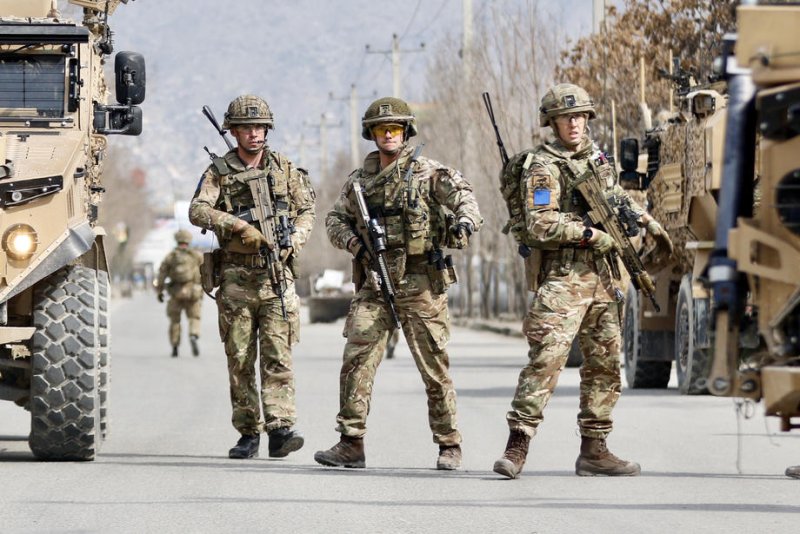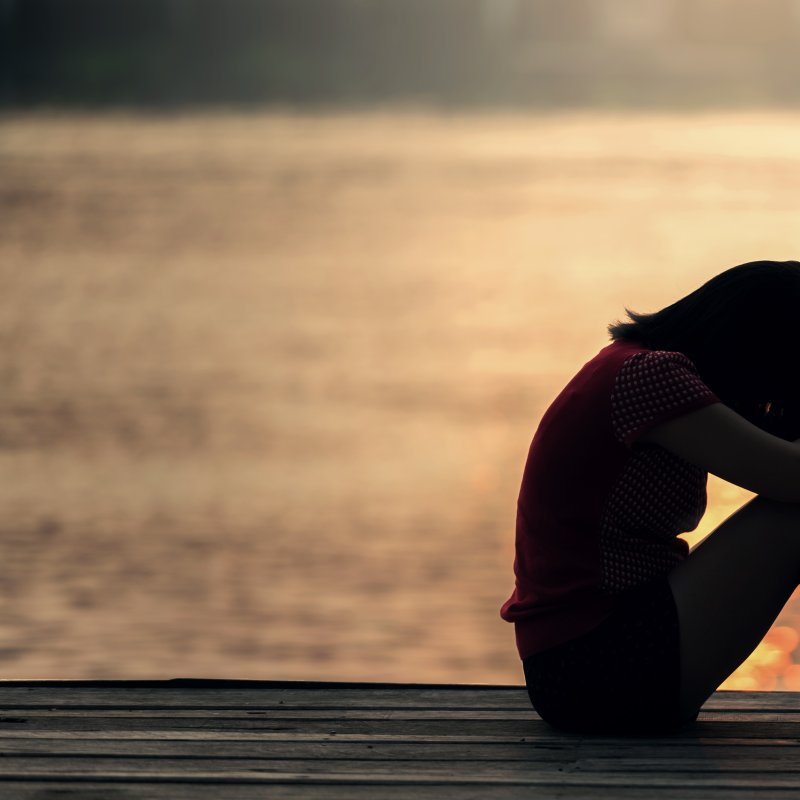"Access to community green spaces shouldn’t be affected by geography or socioeconomic status," mayoral candidate Balarama Holness says.
Author of the article:Linda Gyulai • Montreal Gazette
Publishing date:Sep 23, 2021 •

Armed with scientific studies showing that low-income Montreal neighbourhoods have higher levels of air pollution, less access to green space and higher rates of certain cancers than wealthier neighbourhoods, mayoral candidate Balarama Holness is set to unveil an environmental justice plank to his election platform on Thursday.
“Access to community green spaces shouldn’t be affected by geography or socioeconomic status,” Holness, who leads the Movement Montreal party, said in an interview on Wednesday. He added that he wants to “position Montreal as a leader in environmental justice by developing inclusive policies that will meaningfully address the climate crisis.”
Citing academic studies from the last 15 years, Holness said the research has demonstrated that access to green space has a significant impact on health, and access to outdoor sports and leisure equipment and indoor recreational facilities contributes to higher life expectancy. Despite that, Montreal has “failed to develop green spaces, community gardens and sports infrastructure in lower-income boroughs across the island,” Holness said.
Among its promises, Movement Montreal says it would use zoning bylaws to combat heat islands by developing more green spaces, particularly in low-income neighbourhoods.
Green spaces help counter the urban heat island effect, so residents of poor neighbourhoods also suffer in extreme heat, he said.
More green space and recreational facilities in poor neighbourhoods would also help in integrating new immigrants, Holness said.
Movement Montreal also promises to establish an emergency response plan for climate crises, like the extreme heat that was blamed for the deaths of 66 Montrealers in 2018. To that end, the party would set up an advisory committee on climate justice to advise city hall.
An emergency plan would ensure that seniors have access to air conditioning and water through door-to-door visits by intervenors assisted by firefighters, Holness said. He said he also wants the city to subsidize the purchase of air conditioners in low-income areas.
Movement Montreal also pledges to operate bus routes during summer months to shuttle residents living on the peripheries of the island to Mount Royal.
“If Mount Royal is the gem of Montreal, we need to have boroughs on the periphery of the island get access to Mount Royal,” Holness said.
The party’s ideas, he said, were inspired by one of the recommendations of the Office de consultation publique de Montréal in its June 2020 report on racism and systemic discrimination in city departments.
Recommendation 31, which was supposed to have been acted on within a year, calls for the city to create a committee with civil servants and researchers to develop a strategy, timeline and performance indicators to overcome food deserts (no or few grocery stores) in boroughs, territorial disparities in public transit, green space inequity and gaps in park and infrastructure maintenance.
One of the studies Holness cited, published by McGill University researchers in 2009, found that poor Montreal neighbourhoods had higher levels of ambient air pollution. The study’s authors referred to a “triple burden of social, material and environmental deprivation,” although excess exposure to air pollution also crossed social and economic boundaries in Montreal.
Another study, published in 2012, showed that low-income people and visible minorities in Montreal have more limited access to vegetation.

















